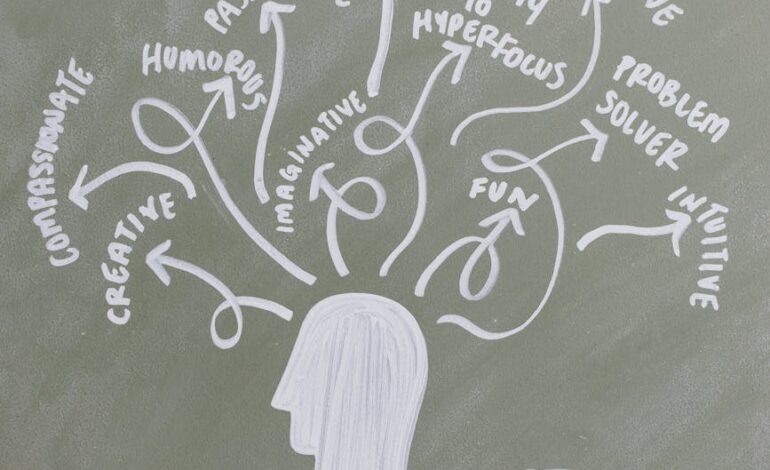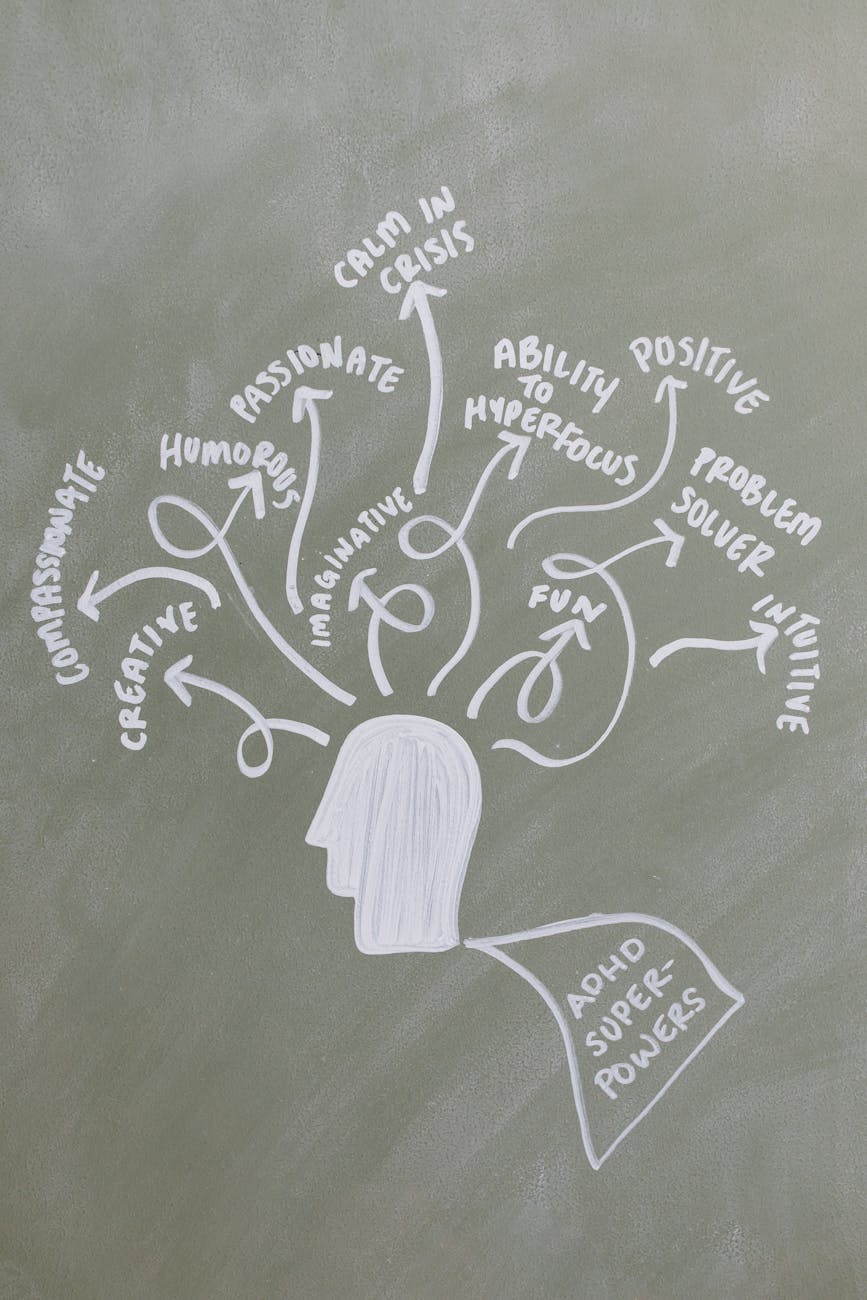
How Emotional Intelligence Shapes Our Lives: Quotes for Reflection

Introduction to Emotional Intelligence
Emotional intelligence (EI) is the ability to recognize, understand, and manage our own emotions while also being attuned to the emotions of others. This multifaceted skill is crucial in both personal and professional contexts, as it influences our interactions and decision-making processes. The key components of emotional intelligence include self-awareness, which allows individuals to identify their emotional states; self-regulation, which enables them to control impulses and manage their emotional responses; social awareness, which involves understanding the emotions and needs of others; and relationship management, which focuses on effectively navigating social complexities and building strong interpersonal connections. As we delve into the impact of emotional intelligence on our lives, we will explore a series of thought-provoking emotional intelligence quotes that highlight its transformative power and encourage deeper reflection on how EI shapes our experiences and relationships.
The Importance of Emotional Intelligence
Emotional intelligence is increasingly recognized as a vital skill in today’s fast-paced and interconnected world. It encompasses the ability to understand and manage one’s own emotions, as well as the emotions of others, making it crucial for effective communication and relationship building. Studies indicate that individuals with high emotional intelligence tend to experience better mental health outcomes, including lower levels of stress and anxiety. For instance, research published in the Journal of Personality and Social Psychology found that emotional intelligence can significantly reduce the impact of stress on mental well-being.
In relationships, emotional intelligence fosters empathy and understanding, leading to healthier interactions and stronger bonds. According to a study by the American Psychological Association, couples with high emotional intelligence report greater satisfaction in their relationships, as they are better equipped to navigate conflicts and express their needs.
In the workplace, emotional intelligence is equally important. A report by TalentSmart revealed that emotional intelligence is responsible for 58% of job performance across various sectors, highlighting its influence on leadership and teamwork. Employees with high emotional intelligence excel in conflict resolution and collaboration, leading to a more harmonious workplace environment. Given these benefits, it’s clear that cultivating emotional intelligence is essential for personal and professional success. Emotional intelligence quotes can serve as reminders of this critical skill and inspire individuals to enhance their emotional competencies.
Emotional Intelligence Quotes: Inspiration and Reflection
Emotional intelligence quotes serve as powerful reminders of the importance of understanding and managing our emotions, as well as empathizing with others. Notable figures have articulated insights that can inspire personal growth and emotional awareness.
One profound quote by Daniel Goleman, a pioneer in the field of emotional intelligence, states, “In a very real sense, we have two minds, one that thinks and one that feels.” This highlights the duality of our cognitive processes and emphasizes that emotions play a critical role in decision-making. Reflecting on this quote encourages individuals to acknowledge their feelings and integrate them with rational thought, fostering a more balanced approach to life’s challenges.
Another impactful quote comes from Maya Angelou: “I’ve learned that people will forget what you said, people will forget what you did, but people will never forget how you made them feel.” This emphasizes the lasting impact of emotional connections and the importance of empathy. It inspires individuals to cultivate emotional intelligence by being mindful of their interactions and striving to create positive experiences for others.
Brené Brown, a researcher on vulnerability and courage, wisely states, “Vulnerability is the birthplace of innovation, creativity, and change.” This quote encourages individuals to embrace their vulnerabilities as a strength rather than a weakness. By doing so, they can foster deeper connections and unlock their creative potential, which is essential for personal and professional growth.
These emotional intelligence quotes not only provide inspiration but also serve as a call to action. They encourage individuals to reflect on their emotional responses, practice empathy, and develop stronger interpersonal skills. By integrating these insights into daily life, one can enhance their emotional intelligence, leading to more fulfilling relationships and improved overall well-being.
How Emotional Intelligence Influences Relationships
Emotional intelligence significantly influences both personal and professional relationships by enhancing our ability to connect with others. At its core, emotional intelligence involves recognizing and managing our own emotions while also understanding the emotions of those around us. This dual awareness fosters empathy, which is essential for nurturing strong bonds. As Daniel Goleman, a pioneer in the field, states, “In a very real sense, we have two minds, one that thinks and one that feels.” This highlights the importance of integrating emotional awareness with rational thought in our interactions.
Effective communication is another crucial aspect of emotional intelligence. When individuals can articulate their feelings and respond to the emotions of others, misunderstandings and conflicts are minimized. As Maya Angelou wisely noted, “I’ve learned that people will forget what you said, people will forget what you did, but people will never forget how you made them feel.” This underscores the lasting impact of emotional connections in relationships.
In professional settings, emotional intelligence can lead to improved teamwork and collaboration. Leaders with high emotional intelligence can inspire and motivate their teams, fostering a positive work environment. As Simon Sinek aptly put it, “Leadership is not about being in charge. It is about taking care of those in your charge.” This reflects how emotional intelligence is vital for building and maintaining healthy relationships in all areas of life.
Emotional Intelligence in Leadership and Workplace Success
Emotional intelligence plays a pivotal role in effective leadership and workplace success. Leaders who possess high emotional intelligence can foster an environment of trust and collaboration, which is essential for motivating teams. They understand their own emotions and those of others, allowing them to connect on a deeper level. As Daniel Goleman, a prominent psychologist, states, “Leaders with emotional intelligence can manage their own emotions and those of others, creating a culture of resilience and adaptability.”
High EI enables leaders to navigate stress and challenges with grace. They can remain composed during crises, making rational decisions while also considering the emotional impact on their team. This skill is crucial in maintaining morale and productivity, especially in high-pressure situations. As author and leadership expert John C. Maxwell notes, “A leader is one who knows the way, goes the way, and shows the way,” emphasizing that emotional intelligence is key to guiding teams through adversity.
Moreover, emotional intelligence contributes significantly to a positive workplace culture. Leaders who prioritize EI create an atmosphere where team members feel valued and understood. As Simon Sinek aptly puts it, “Leadership is not about being in charge. It is about taking care of those in your charge.” This perspective highlights how emotional intelligence not only drives individual success but also cultivates a thriving organizational environment.
Cultivating Emotional Intelligence: Practical Tips
Enhancing emotional intelligence is a journey that requires consistent practice and self-awareness. One effective strategy is mindfulness, which helps individuals stay present and attuned to their emotions and those of others. By dedicating a few minutes each day to mindfulness exercises, such as meditation or deep breathing, you can cultivate a greater understanding of your emotional responses.
Active listening is another crucial practice. Engage fully in conversations by focusing on the speaker, asking clarifying questions, and reflecting back what you hear. This not only improves your relationships but also deepens your empathy.
Self-reflection is vital for growth. Set aside time to consider your emotional reactions and interactions. Journaling can be a powerful tool in this process.
Incorporating emotional intelligence quotes into your daily routine can serve as affirmations or prompts for self-improvement. Choose a quote that resonates with you and reflect on its meaning, allowing it to guide your actions and thoughts throughout the day.
Conclusion: The Transformative Power of Emotional Intelligence
In summary, emotional intelligence is a vital skill that influences our personal relationships, professional success, and overall well-being. The quotes we’ve explored highlight the profound impact that understanding and managing emotions can have on our lives. As we reflect on these insights, it’s essential to recognize that developing emotional intelligence is an ongoing journey. By committing to this growth, we can enhance our empathy, communication, and resilience. Embracing the wisdom of emotional intelligence quotes can inspire us to cultivate these skills, ultimately transforming our interactions and enriching our experiences both personally and professionally.
If you’re eager to learn more, be sure to check out these sources:
Source 1: Quotes to Boost Your Confidence and Self-Esteem
Source 2: Psychology Today – Emotional Intelligence
